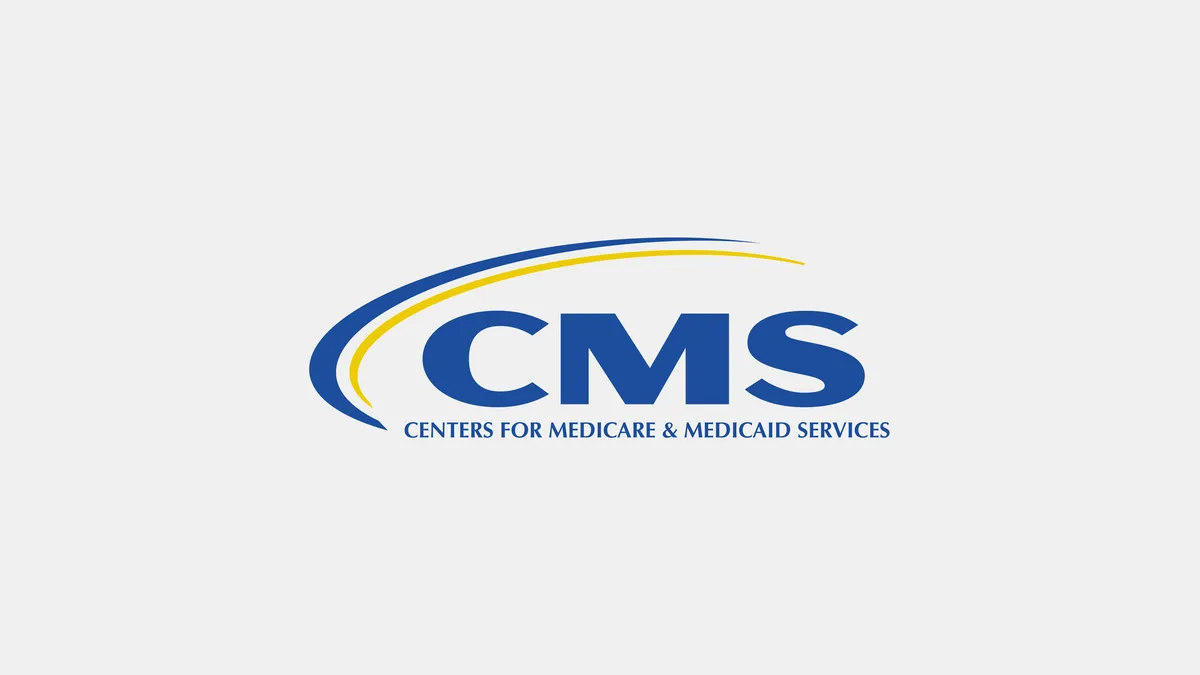Dive Brief:
-
CMS has published an average selling price (ASP) for Intersect ENT’s corticosteroid-eluting sinus implant treatment for nasal polyps.
-
The ASP comes after CMS stopped grouping the implant, Sinuva, and Intersect's other product, Propel, under a single code, which CEO Tom West on Tuesday's fourth-quarter earnings call said was inappropriate and confusing to physicians and payors. "We believe that the recently announced CMS coding changes for both Propel and Sinuva will contribute further over time to our positive revenue growth momentum," West added.
-
Intersect, which sought the clarification and simplification of its coding, said the separation and ASP will have a "positive impact on patient and physician access." While the CMS action has "some mixed implications" for Sinuva, a new Propel S-Code is "good news" for the product line and "should help facilitate product-specific coding and more profitable payment in the office setting," SVB Leerink analysts wrote in a note.
Dive Insight:
CMS used to cover Sinuva and Propel under the same code. Like Sinuva, Propel is a sinus implant that elutes the corticosteroid mometasone furoate. However, the implants have different designs and applications, with Propel intended for use in the treatment of chronic rhinosinusitis after ethmoid, frontal or maxillary sinus surgery. Intersect said the devices have "substantial" differences.
West noted that Propel carries about one quarter the amount of drug as Sinuva, with the former classified by FDA as a device and the latter as a drug, and that having a single CMS code contributed to "uncertainty over the extent and nature of reimbursement for two distinctly different products."
The reimbursement status of Sinuva changed in July when CMS created a temporary sinus implant C-Code. Through the latest changes, CMS has eliminated the temporary C-Code and consolidated all Sinuva coding into a newly created J-Code. C-Codes are CMS’ temporary pricing codes. J-Codes cover non-orally administered medication and chemotherapy drugs.
Intersect said the J-Code incorporates the "pass-through" status in ambulatory care settings that was originally provided by the C-Code. In November, Intersect said the C-Code gave it "specific coverage for nearly 80% of commercialized and over 90% of public lives" for Sinuva in the U.S. Pass-through is a CMS scheme to foster innovation. Sinuva will retain pass-through status through June 2023.
Discussing CMS' latest changes, Intersect said the new code and ASP will improve accuracy in claims adjudication, support expanded use of Sinuva at multiple sites of services and clarify the situation for payers and providers. West welcomed the changes.
"These actions will help better inform ENT surgeons of the amount of implant reimbursement they can expect regardless of setting of care, thereby greatly reducing the uncertainty that can come with claims submissions," West said in a statement. He also highlighted how creating separate codes for Sinuva and Propel will simplify and streamline coding and reimbursement.
At the same time, West acknowledged that the CMS changes "will likely lead to diminished reimbursement in some plans for Sinuva."
SVB Leerink analysts said the implied payment rate is "below the average currently high payment levels physicians have been enjoying for Sinuva under a weighted average calculation that private payors had adopted in the absence of an official CMS reference price (until now)."
They noted that the high reimbursement levels were unsustainable and "we were braced for this." Still, SVB Leerink analysts said they were "encouraged" by positive Sinuva momentum continuing in the fourth quarter.
Intersect's total revenue was $28.2 million in the quarter compared to $31.8 million for the same period in 2019, a. year-on-year decrease the company attributed to lower Propel revenue due to the impact of COVID-19 on elective sinus procedures. This negative impact was partially offset by increased Sinuva revenue due in part to a shift in sinus procedures towards ambulatory surgery centers and office settings.
The changes over the past nine months have taken place against a backdrop of deal talk and action. Medtronic reportedly moved to buy Intersect last year. That deal never materialized but Intersect did strike a deal of its own, picking up German electromagnetic surgical navigation specialist Fiagon AG Medical Technologies.










